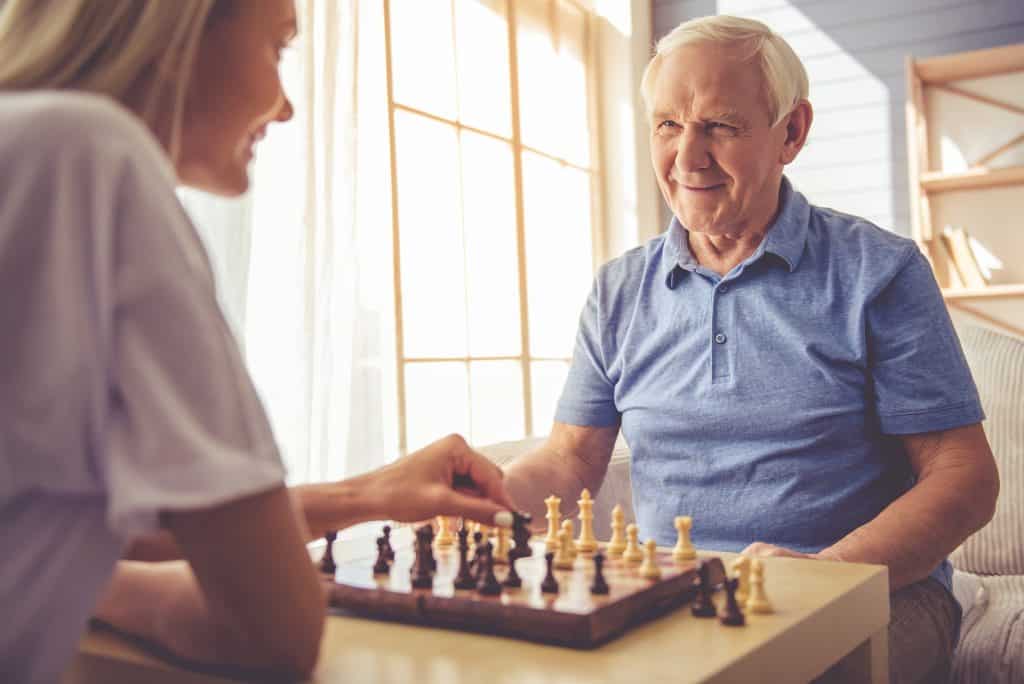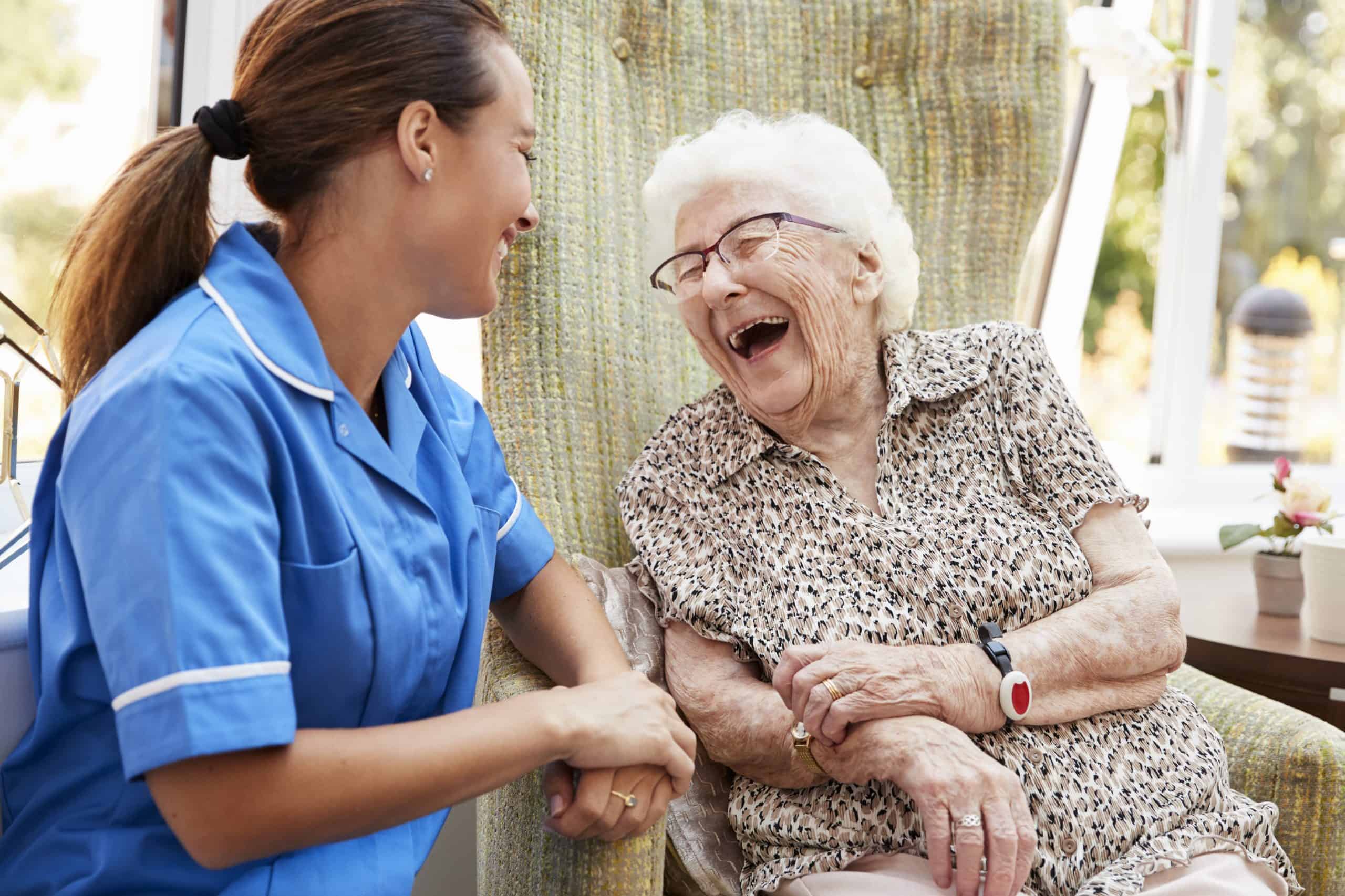Back in the days, you’ve probably told yourself that you’re going to pay your parents back for all the things they’ve done for you, with all the sleepless nights, the hardships, all the food stamps, and all the sacrifices. Perhaps, every time you dream of becoming someone else comes a longing to give your parents the life they deserve.
But growing up, you find it difficult to realize that dream, there’s work, and there’s your life too. There are commitments and other things that you must do. And most importantly, your parents are growing older, and living by themselves is another reality you need to face. Simply, striking a balance between work, life, and ensuring they live comfortably is hard.
That’s why nowadays, different kinds of medical and non-medical support for the elderlies are available out in the market, ranging from basic home care to complex nursing care. And these services aim to give you an extra wiggle room for you, and most importantly, with senior parents.
To further elaborate, here’s a quick guide on how non-medical support can enhance the senior lifestyle:
- Death Is A Part Of Life
Death brings forth mixed feelings and emotions. Most of the time they’re dominated by fear, regret, and grief; hence, it’s a never-ending attempt to give meaning to life. And you can’t exactly blame people who feel that way. For one, they are entitled to their grief, and next, they’re deserving of how they process it—in any given time, situation, and form.
And so, a big part of non-medical support is to help family members—both the elderly and other relatives—to accept that things will eventually come to pass. To cite Harvard university professor Gordon Allport, ‘to live is to suffer, to survive is to find meaning in suffering.’ It means life is not devoid of negative things. Life is a glorious combination of evil and good, shaping each other like the potter to clay. Looking at life as only about living is wrong, and looking at death as the absence of death is not exactly right either. Death is the consequence of life, as much as life is redemption from death.
To understand death as part of life, the family members should accept it, and you will not only have to ease the living condition of the elderly but how the family members accept it. And because of this, just recently, death midwives or death doulas have become popular. Check out this post to learn about death doula.

- Activities Of Daily Life Or ADLs
Activities of daily life or ADLs are set of essential tasks that are done regularly. It includes, but is not limited to, taking a bath, dressing, brushing one’s teeth, and the list goes on. And depending on the physical capacity of the elderly, non-medical support providers can give scaffolding to perform various ADLs.
The idea of this is to not overtake one’s life but to give them an extra pair of hands. Also, ADL support still works with consent (just like with all things).
Family members and the elder alike can give consent on which activities they need help with. It is because, in some cases, elders are still transitioning from independent to assisted living. Others may find it okay, but some people find it uncomfortable and invasive at first.
Fortunately, non-medical support services like these are completely flexible and negotiable. And as a matter of fact, one of the selling points of this industry is providing unique care that suits every individual’s taste. You can also look at this post to know more about tech innovations that can help their lives more comfortable.
- Loneliness
No matter how much people tell you they prefer little to no company, bouts of loneliness still affect everyone like a common cold. And irrespective of their introversion or extroversion, humans are still, in most aspects, bound to live and coexist together.
That’s why ‘loneliness’ hits everyone like a truck—not just metaphorically. Social isolation is one of the key ingredients of most mental conditions, and they say ‘mental health is physical health.’ Anything that has debilitating effects affects the body in the same manner as pathogens do.
And this is one of the most important contributions of medical and non-medical support: companionship. Having to do things with someone makes it more worthwhile. Cooking, baking, and even strolling out in the park is mentally healthy—even more so for older people. In addition, this companionship sets your mind at ease. Knowing that your loved one is with someone brings you comfort to go on with your life without anything holding you back.
Conclusion:
Parents are one of the greatest gifts to most. It’s completely understandable why their children want the best for them. Conversely, parents still want the best for their kids. They don’t want to feel guilty of being a deadweight or an obstacle to the personal lives of their children. Senior support systems like these bring comfort to parents and children alike.







